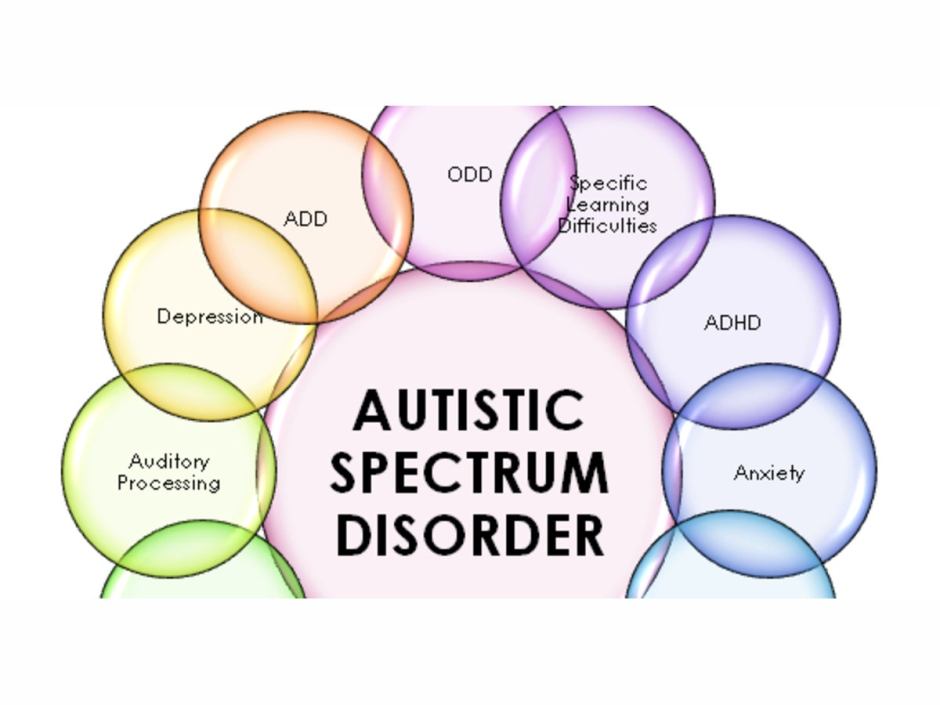Research Paper Title

Testing adults by questionnaire for social and communication disorders, including autism spectrum disorders, in an adult mental health service population.
Background
Autism is difficult to identify in adults due to lack of validated self-report questionnaires.
The researchers compared the effectiveness of the autism-spectrum quotient (AQ) and the Ritvo autism-Asperger’s diagnostic scale-revised (RAADS-R) questionnaires in adult mental health services in two English counties.
Methods
A sub-sample of adults who completed the AQ and RAADS-R were invited to take part in an autism diagnostic observation schedule (ADOS Module 4) assessment with probability of selection weighted by scores on the questionnaires.
Results
There were 364 men and 374 women who consented to take part. Recorded diagnoses were most commonly mood disorders (44%) and mental and behavioural disorders due to alcohol/substance misuse (19%), and 4.8% (95% CI [2.9, 7.5]) were identified with autism (ADOS Module 4 10+).
One had a pre-existing diagnosis of autism; five (26%) had borderline personality disorders (all female) and three (17%) had mood disorders.
The AQ and RAADS-R had fair test accuracy (area under receiver operating characteristic [ROC] curve 0.77 and 0.79, respectively).
AQ sensitivity was 0.79 (95% CI [0.54, 0.94]) and specificity was 0.77 (95% CI [0.65, 0.86]); RAADS-R sensitivity was 0.75 (95% CI [0.48, 0.93]) and specificity was 0.71 (95% CI [0.60, 0.81]).
Conclusions
The AQ and RAADS-R can guide decisions to refer adults in mental health services to autism diagnostic services.
Reference
Brugha, T., Tyrer, F., Leaver, A., Lewis, S., Seaton, S., Morgan, Z., Tromans, S. & van Rensburg, K. (2020) Testing adults by questionnaire for social and communication disorders, including autism spectrum disorders, in an adult mental health service population. International Journal of Methods in Psychiatric Research. 29(1):e1814. doi: 10.1002/mpr.1814. Epub 2020 Jan 10.

